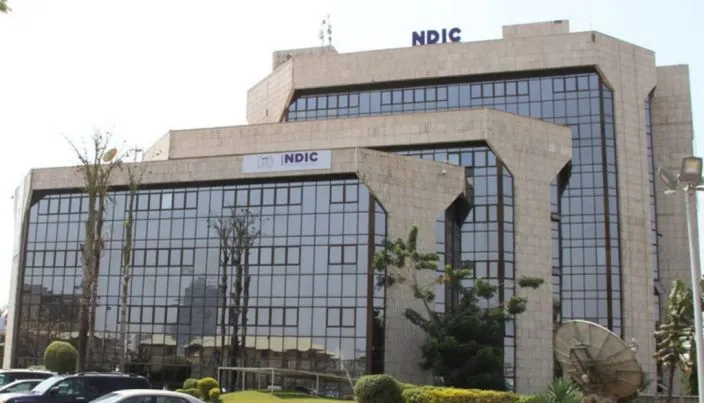The Nigeria Deposit Insurance Corporation (NDIC) has said with the effects of the Covid-19 pandemic now waning, the process of winding down the forbearances granted the financial industry will commence by next year.
Speaking at the stakeholders retreat of the NDIC with the members of the Senate Committee on Banking, Insurance and Other Financial Institutions the executive director (Operation) NDIC, Mustapha Ibrahim said the banking industry in the country has become resilient.
Ibrahim who represented the managing director/chief executive of the NDIC, Bello Hassan, noted that the Nigerian banking industry is quite resilient to most of the macro challenges. “We have tried to immunise the system to withstand whatever shocks that may be impacting on the Nigerian economy and the financial system.
“During the COVID era, we jointly actually took some measures in terms of extending forbearances especially in the banking sector, and facilities extended by banks or insurance institutions generally to their customers.
“The NDIC also took the initiative to grant some kind of forbearance temporarily to some banks in terms of their premium payable during the period. Now that we are the post COVID era, definitely some of these forbearances, we will in collaboration with the central bank, begin to wind them down, possibly commencing next year.
“For now, some of these measures are still there, because just after the pandemic, we are now grappling with the Russia and Ukraine war and of course in this impacting globally, including Sub Saharan Africa and Nigeria in particular is not an exception.”
Stating that regulators in the financial industry have a very robust supervisory framework, he said “the risk based approach is actually proactive. For the most part, we try to anticipate all this risk, macro and micro as well as global, and domestically, to address continuously.
“It is so dynamic that we are constantly on real time basis, monitoring the industry continuously and fine-tuning our supervisory tools, both off site and on site to mitigate some of the challenges the banks may be facing.
On engagement with stakeholders, he said the NDIC is constantly engaging with its stakeholders. “The senate committee on banking and finance will definitely be top on our agenda when it comes to engagement with stakeholders. We do that constantly because there is a need for them to really understand system processes and public policy objectives properly.
“It is only within the context that they will be able to appreciate our request our budgetary challenges if any, and of course, they will also be in a position to contribute towards fine-tuning our processes generally, and the activities of the corporation in the public interest.
On his part, the chairman, Senate committee, Senator Uba Sani said the committee in its efforts towards regularly engaging critical Stakeholders in the financial and banking sectors jointly organises retreats of this nature for discussion and painstaking analysis on a wide range of issues whose outcome will be of great benefit to the sectors and the Nigerian economy at large.
He noted that progress has been made in forging a solid, sustainable and workable relationship in the overall interest of the nation. “The National Assembly and NDIC are key institutions critical to the growth and development of the Nigerian economy.
“While we provide the legal and institutional frameworks, NDIC carries out its regulatory or supervisory responsibilities in order to safeguard the banking sector.
“Engagement of this nature gives us the platform to deeply look into our activities and responsibilities and also examine how far we have gone in carrying out our mandate as required. It helps in injecting fresh ideas into our operations which will materialize into an improved, effective and efficient service delivery to Nigerians. I strongly believe that the outcome of this retreat will help in strengthening the financial and banking sectors, and in particular the supervisory and regulatory role of the NDIC.





